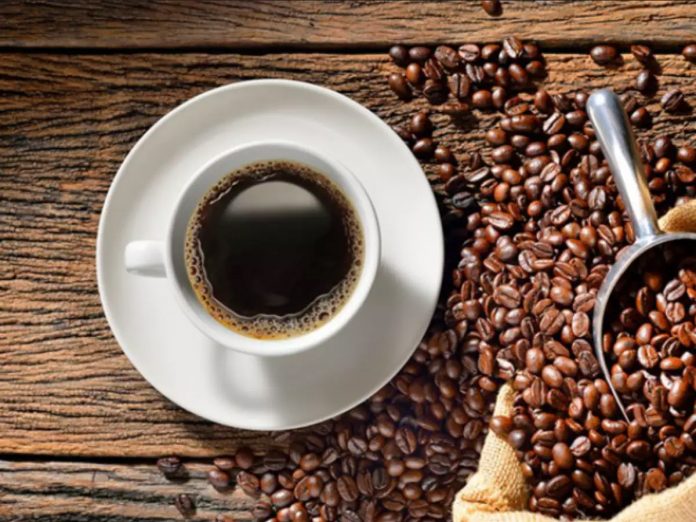Certainly, doing anything over the limit sometimes proves dangerous. That goes for our favourite beverages as well. Tea and coffee are the most preferred drinks worldwide. Some of us consume them as a daily or timely habit. While the rest of us drink to boost up our energy levels and metabolic activities. Who amongst us has not stayed awake for an overnight study without a cup of hot coffee?
Drinking Coffee Can Be Beneficial In A Number Of Ways
Many recent studies suggest that apart from improving focus and productivity, drinking coffee can be beneficial in a number of ways. According to researchers, coffee can help maintain our mental health, amplify our lifespan. It can also reduce the spread of prostate cancer.
Although tea and coffee come under the healthy beverage category, if we drink too much of any one of them, it may result in side effects. This is because they contain caffeine. Caffeine is a central nervous system (CNS) heart and muscle stimulant. It is acquired from over 60 different varieties of plants in the world. It is said to be the most regularly used psychoactive drug and is commonly found in soda, tea and coffee.
High Intake Of Caffeine Can Have A Negative Impact
Caffeine is used as a general element in medications for treating headaches or migraines. But, its ingestion in high doses can have a negative impact. Adults with good health can consume upto 400 milligrams (mg). Whereas, normally, low-to-moderate amounts of caffeine intake are safe for a day.
Intake of more than 500-600 mg of this stimulant may result in sleep and stomach disorders, anxiety, nervous breakdowns, muscle cramps, fatigue, restlessness, high blood pressure. It can also cause cardiovascular diseases due to fast pace of heartbeats. Atrial fibrillation or altered heartbeat rhythm, was found in youngsters consuming very high amounts of caffeine in energy drinks.
What Happens If You Drink Too Much Coffee
Drinking too much coffee can also show symptoms of UTI (Urinary Tract Infection). Also, adding more sugar is harmful. Everyday Health, has stated that caffeine causes bladder irritation and deteriorates symptoms of bladder infection. Research says that our genetic makeup plays a major role in deciding the capacity of caffeine our bodies can resist. The gene CYP1A2, has the core influence over caffeine metabolism.
Scientists analyzed the data of 347,077 persons, aged between 37 to 73 years through the UK Biobank. 8,368 of them had been diagnosed with heart diseases. Apparently, they found out that those who regularly drank more than six cups of coffee in a day showed moderate increase in the risk of heart disease. According to them, one cup was containing approximately 75 mg of caffeine.
Light-to-moderate Amount Of Caffeine Consumption Can Make Us Healthy
The bottom line is, we should drink coffee with some limitation. Yes, light-to-moderate amount of caffeine consumption can make us healthy. Simultaneously, high dosage of the same can lead to huge health hazards. However, the risk factor differs from person to person. If you drink too much coffee on an empty stomach, it can cause your heart to burn due to the highly acidic gastric juices.
Coffee defeats green tea and cocoa in terms of higher antioxidant activity. It is also used to avoid diseases like gastrointestinal, lung, and breast cancer. It also prevents Parkinson’s disease, type 2 diabetes and gallstones. Coffee also helps in the treatment of Attention Deficit-Hyperactivity Disorder (ADHD), low blood pressure and obesity. We need to sincerely examine ourselves in terms of our sleep, energy level, or any other symptoms that may crop up due to over consumption of our aromatic and smooth beverages. Instead, we can add variety and replace them with healthier substitutes like good herbal tea, ginger or green tea, unsweetened cranberry juice or other fruit juices at intervals.





























